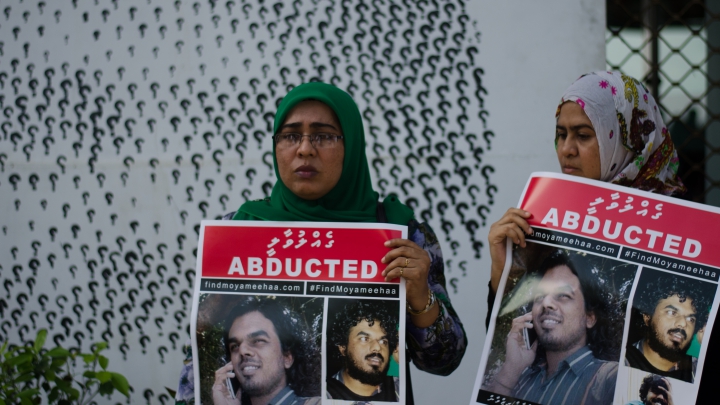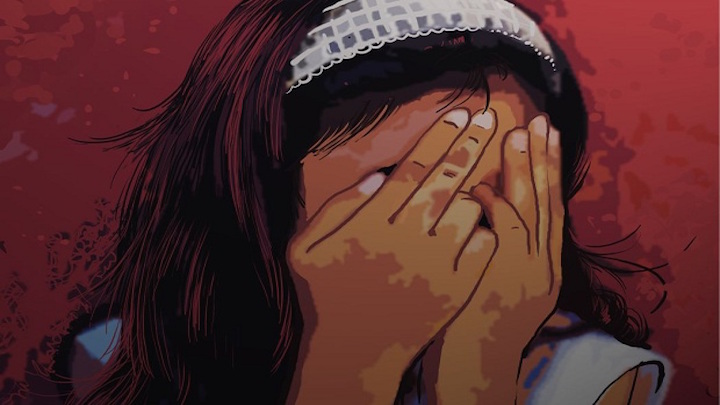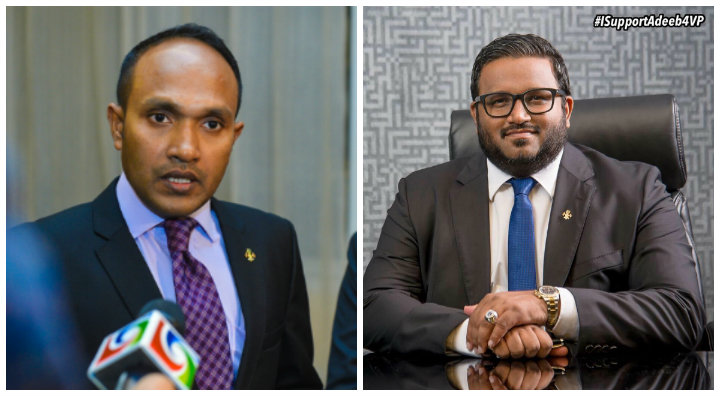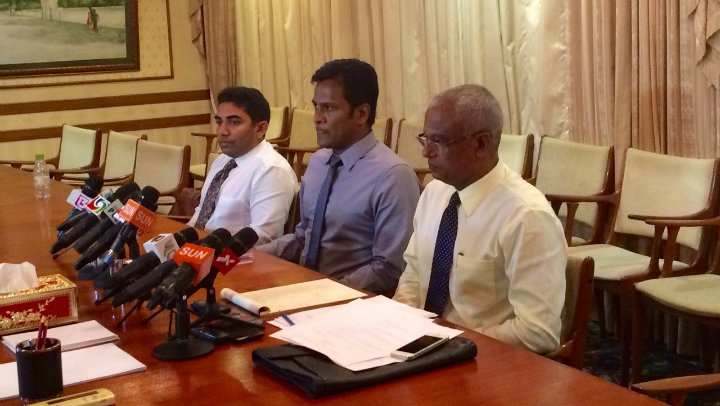This comment piece by Toby Cadman was first published on Al-Jazeera. Republished with permission.
Cadman is an international lawyer and is currently advising the government of the Republic of Maldives on legal and constitutional reform. In particular, he is assisting the government in responding to the allegations made to the UN by former President Mohamed Nasheed concerning his conviction for an offence of terrorism.
On March 13, the former president of the Republic of Maldives, Mohamed Nasheed, was convicted of terrorism. He was sentenced to 13 years imprisonment for ordering the army to arrest and detain the Chief Judge of the Criminal Court Abdullah Mohamed. It was alleged that Abdullah was abducted by the army without any lawful order, held incommunicado for 72 hours, and then detained for a further 21 days in a military establishment.
There was national and international outcry at such an unprecedented attack on the judiciary, including statements from the United Nations terming the detention of the judge as arbitrary and in breach of international law.
It has been argued that Nasheed’s actions don’t qualify as terrorist acts. However, if similar actions had been conducted in the United Kingdom, the former president could have been charged with kidnapping and false imprisonment – an offence which carries a maximum penalty of life imprisonment.
Political turmoil
Regardless of whether or not he was at one point a head of state, all persons – irrespective of political office or other affiliation – should be brought to justice where there is credible evidence to demonstrate that a criminal offence has been committed.
Mohamed Nasheed was elected as president in 2008. While in office, political turmoil erupted. It is believed that he ordered the locking-up of the Supreme Court and ordered Judge Abdullah to be placed under arrest by the army.
Nasheed resigned live on national television, but less than 24 hours later, alleged that he had resigned under duress. An independent inquiry carried out by the Commonwealth, and observed by the UN, concluded that he had resigned voluntarily and that the transfer of power was lawful and constitutional. Therefore, his fall from power cannot be characterised as a coup.
During the former president’s trial, it was alleged that he had ordered the the abduction of a senior judge to prevent him from carrying out his judicial function.
In a BBC Hardtalk interview after his resignation, Nasheed stated in very clear terms that the judge had to be removed and that as president, in the absence of anyone else acting, he had to do it. The judge, in the former president’s words, was becoming a nuisance.
The targeting of the judiciary in such a way by the Executive cannot be accepted in any democracy and such an attack can only be construed as an attack on the constitution.
Allegations of flaws in trial
It has been argued by the former president and his legal team that there were significant flaws during his terrorism trial and that, as a result, his detention is arbitrary and in breach of international law.
However, rather than appeal the verdict, his legal team filed a communication with the UN Working Group on Arbitrary Detention. The government has been given until July 11 to respond to the allegations and a decision is expected in September.
The former president is arguing that arrest was unlawful, his trial rushed, and the composition of the panel of judges lacked the requisite independence and impartiality. There have also been allegations that the conditions of his detention breach his human rights.
Ordinarily, many of these matters would be subject to legal challenge through the national courts. However, the former president has elected not to appeal. Contrary to statements issued to date, it is the government’s position that the former president has not been prevented from appealing – he has chosen not to do so.
It is clear that in a politically charged case such as this, the media reporting can take a sensationalist and selective approach. It is essential that what is reported is accurate and balanced as the stakes are extremely high.
Prevention of an appeal
Much has been made of the fact that Maldivian legislation was amended so as to reduce the time period for the lodging of an appeal from 90 to 10 days, thus alleging that Nasheed has been prevented from appealing.
He has not. The Maldivian authorities have repeatedly maintained that the former president is still able to submit an application for appeal and that it will be for the courts to consider. It is also important to note that the deadline for submitting an appeal within 10 days relates to a notice of appeal, not the full appeal.
It has been further alleged that the former president has been prevented from appealing through the court’s wilfully withholding of documents which are necessary for filing an appeal notice. However, the court records will clearly demonstrate that the judgement of the court and the trial record was provided to the former president and his legal team.
He refused to sign the court record. Notwithstanding this refusal and the expiration of the 10-day deadline, there is a provision in the law for a defendant to submit a late appeal if the delay has been caused by the authorities. Furthermore, there is a provision in the law for the courts to accept a late appeal “in the interests of justice”.
The conditions the former president was purportedly being forced to endure have been called into question. Again, these accusations of unfair or unlawful treatment are wholly false.
Underlying risk
He was held, up until his recent release on house arrest, away from the general population. However, he is not and has never been in solitary confinement, and was detained in a facility that would not only meet international standards of practise, but arguably far exceed any acceptable level.
As a former president, he is entitled to VIP treatment in custody, which he received up until his release under house arrest.
There is an underlying risk underlining this entire court process – the potential of a trial by media. As with all cases, there are two sides to any argument, but the government’s position has not been given any attention and the offence for which the former president was convicted has been unnecessarily trivialized.
There is a clear obligation on all, be it members of the media, or members of the international community, to acknowledge both positions in relation to any case, and not seek to favour one when the issue is yet to be fully considered and determined by the appropriate tribunal.
All comment pieces are the sole view of the author and do not reflect the editorial policy of Minivan News. If you would like to write an opinion piece, please send proposals to [email protected]
Likes (3)Dislikes
(3)Dislikes (0)
(0) 




